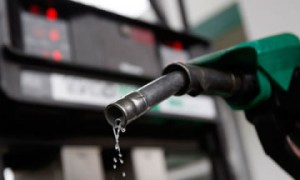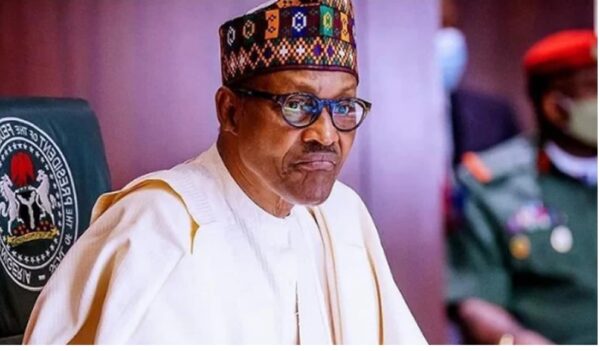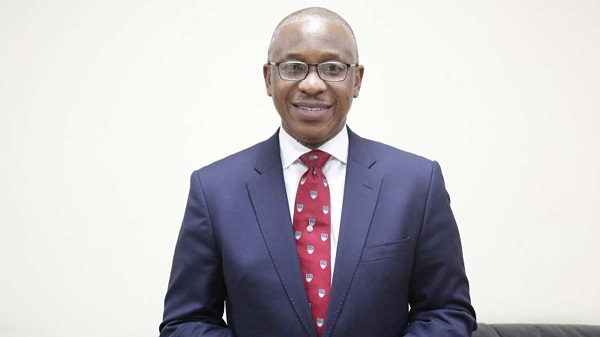Diesel, aviation fuel prices’ll fall in two weeks – Marketers

The pump prices of diesel and aviation fuel will fall in the next two weeks, oil marketers have said.
They also confirmed that the Federal Government was currently subsiding the price of Premium Motor Spirit, popularly known as petrol, adding that marketers were owed over N305bn by the government.
Speaking during a live television programme monitored by our correspondent in Abuja on Monday, the Executive Secretary, Major Oil Marketers Association of Nigeria, Mr. Obafemi Olawore, stated that although diesel had been deregulated, the cost of the commodity and that of aviation fuel would come down in two weeks’ time.
Total, Mobil, Oando, MRS and Forte Oil are members of MOMAN.
Olawore said, “Arising from the meeting with the government last week, there is a committee that is working on ensuring that diesel and aviation fuel come in at a price that is affordable. The NNPC is bringing in more diesel and the arrangement is that they are going to ensure that we get forex to also bring in diesel.
“I can’t say for sure and won’t say in a couple of days, but give it one or two weeks, everything should come down.”
He confirmed that the Nigerian National Petroleum Corporation had been the dominant importer of all the white products, because the marketers could not access forex at the official rate despite assurances from the Central Bank of Nigeria. He added that they were getting a dollar at about N460.
Olawore said, “In practice, we are not getting forex. But the committee, which has some top brass of the CBN, was directed by the Presidency last week to ensure that forex is obtained at a level that will enable us to bring in products.
“Up until today, we don’t have forex, but there is an arrangement to give us, which is why I’m confident that maybe in one or two weeks, the prices of diesel and aviation fuel will come down. We are hoping that we will get forex at maybe N305 to a dollar and that will mean that we can bring in the products, and this will crash the prices.
“For diesel, there is no price ceiling, but then, it is not going to be at the current price of about N280 per litre. By the time we come into it, the price is going to come down. The NNPC is working hard but we are not yet there, which was why we argued that we should join in bringing in the products.”
Olawore stated that major oil marketers were not selling and would not sell the PMS above N145 per litre, adding that they got the product from the NNPC, because majority of the dealers did not import products as a result of forex challenges and other sector issues.
According to him, any marketer that wants to import petrol must get forex at about N248 to a dollar in order to be able to sell the product at N145.
“If you are bringing in the PMS on your own and you want to sell at N145 per litre, then your forex should be in the region of N248. That is what will enable you, because the cost of the product and the forex rate determine the landing cost,” Olawore said.
When asked if subsidy had crept in again, he replied, “The truth is that there is subsidy. But the fact is that it is being absorbed by the government. They said there was no more subsidy before, but in May last year when the price was put at N145, the landing cost was such that we could sell at N145.
“In fact, we could even sell slightly below that price, which was why there was a band of N135 to N145. But since then, the indices have changed. Crude price has risen and the products prices have also gone up, as well as the forex rate. These are the main factors.”
On whether the marketers were considering to invest in refineries, Olawore said no, adding that this was because of the inherent challenges in the business at present.
He said, “Not really and the reason is simple. The moment you fix prices, you discourage investment. When the prices were fixed in May last year, it didn’t take long before the forex regime took a bad turn. So we believe that is one of the reasons.
“Our investments were also curtailed by the fact that our cash flow was severely affected in the sense that the over $1.1bn that the government owes us is still outstanding. So, if we don’t have this money how do we invest? As a matter of fact, we find it difficult to keep the workforce.”
The executive secretary explained that price control by the government was a major reason why major oil marketers had not been able to build refineries in Nigeria since they started operating in the country.








